#catherine ii
Text
anyway, Pope Francis is dumb as hell, he praises Russia's anti-Catholic, barbaric history.
russians: persecute catholics and destroy their country (e.g. after they invaded poland, they closed many roman catholic churches and turned them into orthodox churches, they did not allow people to build catholic churches, they persecuted priests, they hanged many priests who were against russian occupation, Tsarina Catherine personally forbade any contact with Rome, Nicholas I closed many monasteries, churches in poland (1832), he stole their property (1842), he sent many priests to forced labour, e.g. they sent many to Siberia for hard labor, + they especially hated and persecuted greek catholics/byzantine rite catholics)
Pope Francis: what a wonderful legacy 😍
.
.
.
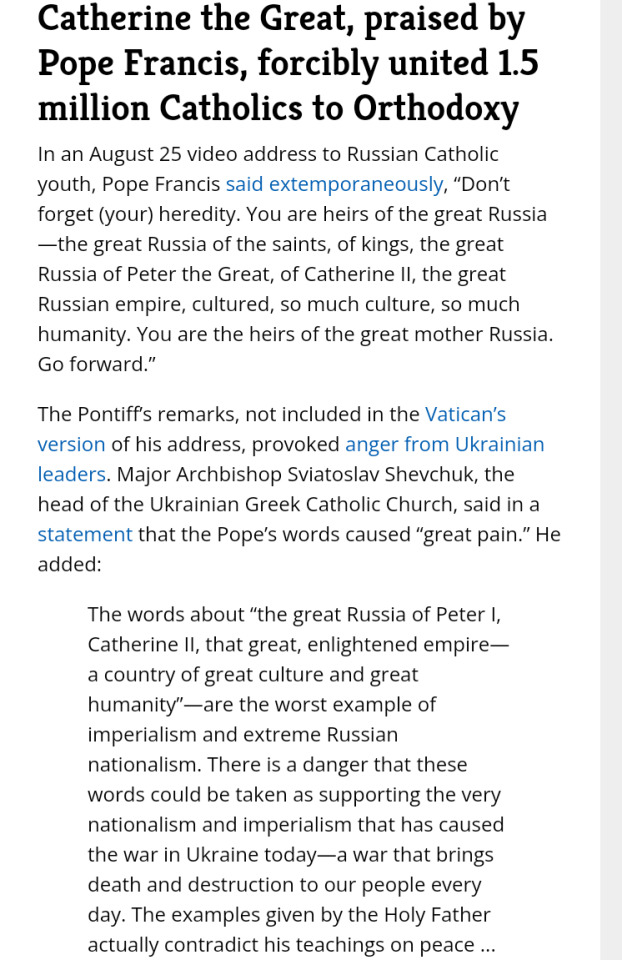
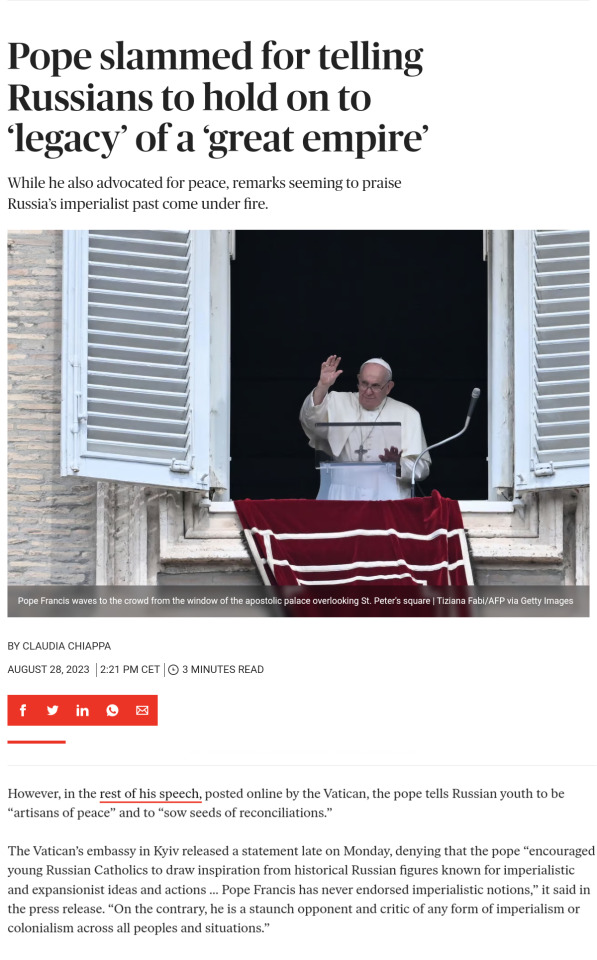
🤡...
#pope francis#anti imperialism#anti colonialism#christianity#roman catholic#politics#vatican#catholic#catholicism#poland#catherine the great#greek catholic#catherine ii#imperial russia#leftblr#roman catholicism#stand with ukraine#russian imperialism#russian war on ukraine#byzantine catholic
220 notes
·
View notes
Text

Bye-bye bitch, rest in pieces!
673 notes
·
View notes
Text
on the whole topic of Alexander being a “good christian boy” and no sex before marriage… this is another one of my problems with Catherine II because it was precisely for that reason that she married him off at such a young age. He was barely 15 and his fiancée was a year younger, and they hardly even knew each other before getting engaged. Even by the standards of the time (and especially for a male heir) this is a bit too early. But Catherine wanted her perfect grandson to be tied down as soon as possible for she feared he’d be tempted astray (that didn’t stop her however from sending her maid of honor to ‘teach him the ways of love’ as soon as he hit puberty, not to mention her own endless liaisons of which Sasha was a frequent witness).
This early marriage was apparently so traumatic some historians even sight it as the reason for his premature deafness (and possible impotence). One thing is sure — his early sexual experiences had a big impact on his psyche and set a precedent for his weird relationships with women later on
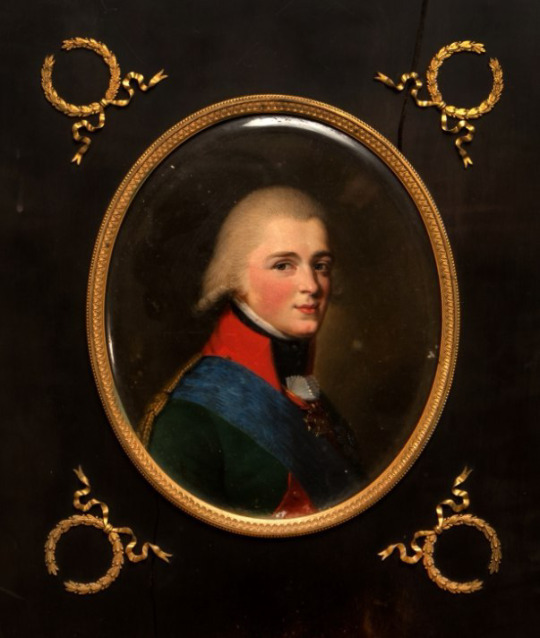

#the more I learn about his early life the worse I feel for him#RIP Alexander you would’ve loved therapy#tsar alexander i#alexander i of russia#catherine ii#catherine the great#louise of baden
75 notes
·
View notes
Text


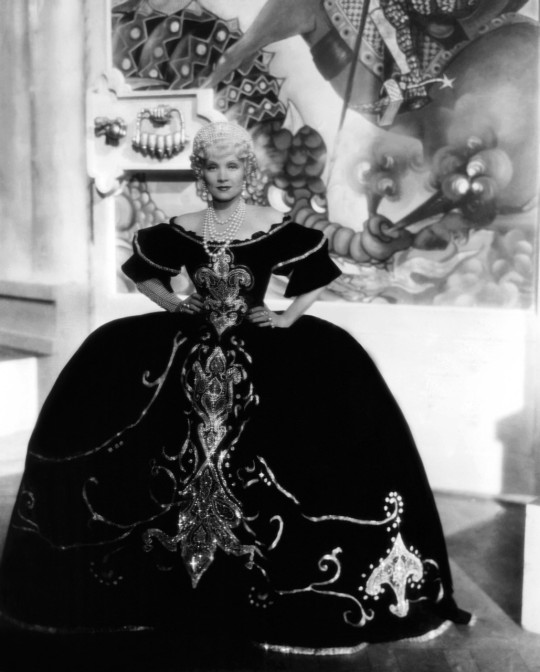
Princess Sophia Frederica, Catherine II (Marlene Dietrich) Black embroidered gown.. The Scarlet Empress (1934).. Costume by Travis Banton.
67 notes
·
View notes
Text
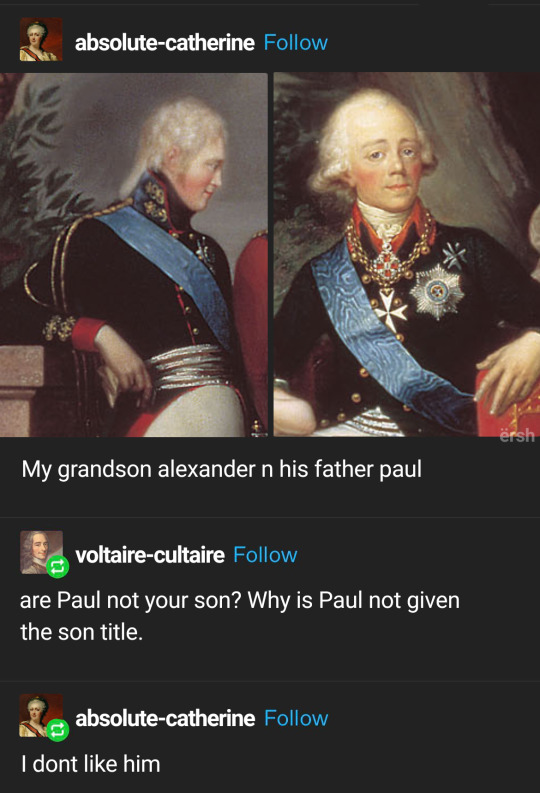
finally, some good quality content
#history#history memes#russian history#catherine the great#catherine ii#voltaire#paul i#alexander i#alexander i of russia#catherine ii of russia#history shitposting#historical figures#xix century#xix#alexander i.#ersh hist post
239 notes
·
View notes
Text
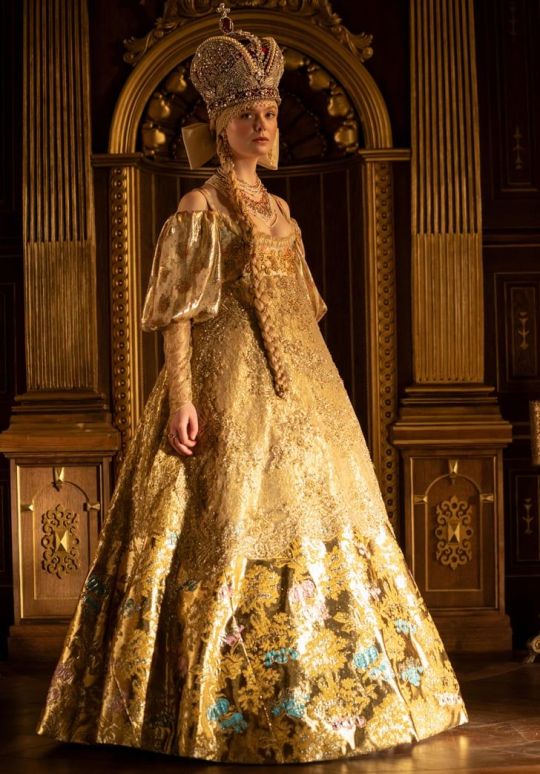

Period drama's dresses tournament: Golden-yellow dresses Round 2- Group B: Catherine II, The great (gifset) vs Edith Cushing, Crimson peak (gifset)
#period drama dresses tournament#tumblr tournament#tournament poll#polls#fashion poll#catherine of russia#catherine ii#catherine the great#the great#edith cushing#crimson peak#round 2
43 notes
·
View notes
Text
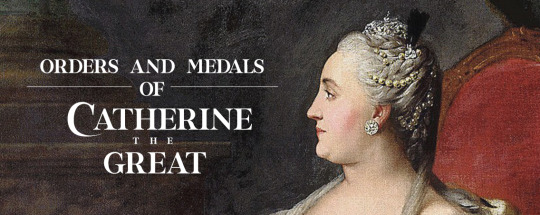
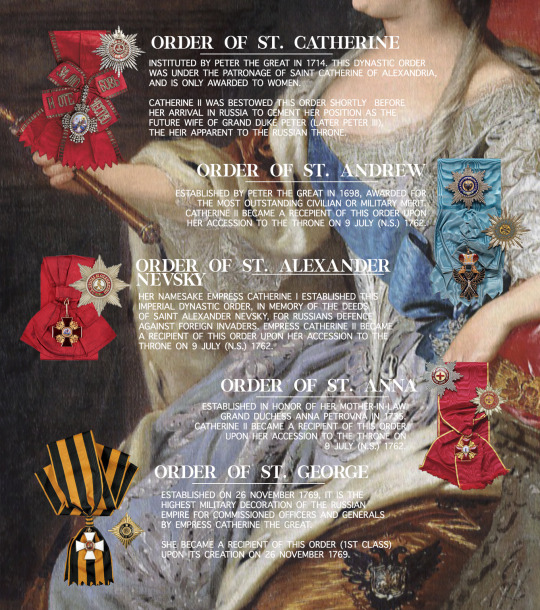
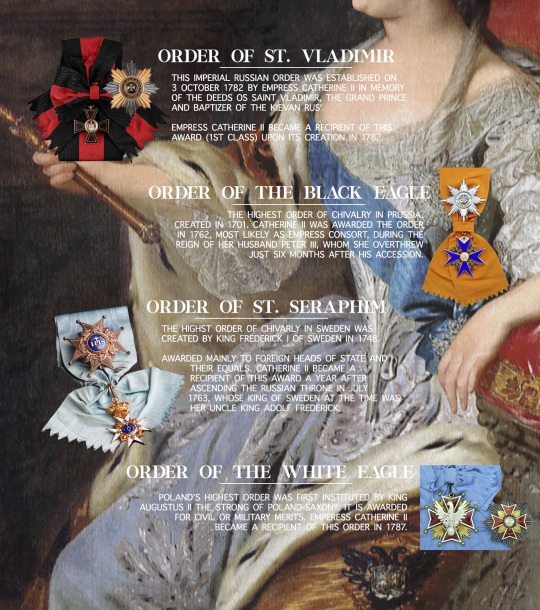
Orders and Medals → ᴇᴍᴘʀᴇꜱꜱ ᴄᴀᴛʜᴇʀɪɴᴇ ɪɪ
Empress Catherine II of Russia, was recorded to have been a recipient of nine awards. Six nationals: Order of Saint Catherine, Order of Saint Andrew, Order of Saint Alexander Nevsky, Order of Saint Anna, Order of Saint George and Order of Saint Vladimir. And three foreign: Order of the Black Eagle (Prussia), Order of Saint Seraphim (Sweden), and Order of the White Eagle (Poland).
70 notes
·
View notes
Text
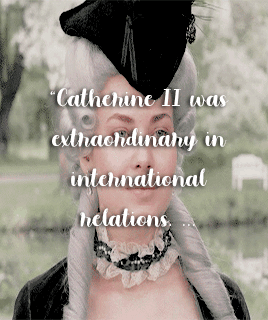
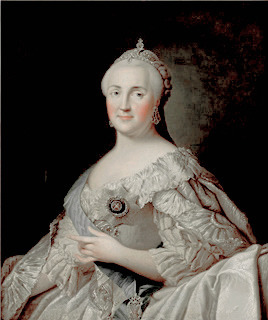
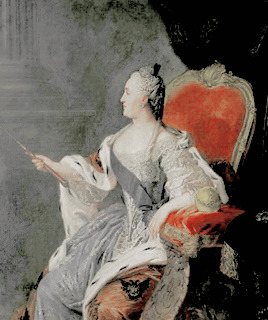
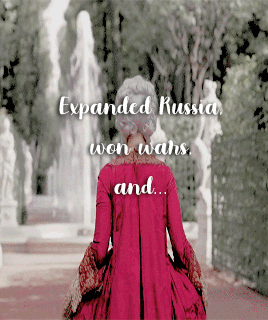
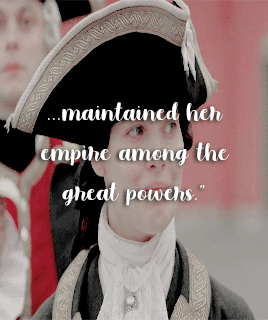
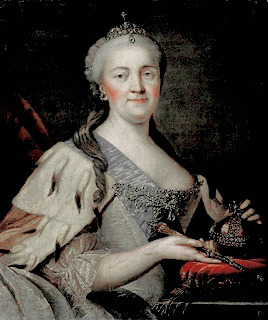
"Catherine II acted as a translator, essayist, writer and playwright, despite the fact that she was often criticized for her precarious Russian: after all, it was for her, an Austrian princess, a foreign language. She comes to power with the support of the army and through a coup d'état against her husband, killed a few days later, being proclaimed by various factions as "autocratic of all Russia". Catherine II was extraordinary in international relations. Expanded Russia, won wars and maintained her empire among the great powers. In addition, as a consequence of the Europeanization of the country and Catherine's active participation in Russian political and cultural life, the entire paradigm of roles traditionally reserved for women was changed: not only the Empress herself, but other women of the court stood out in the cultural sphere. In this way, Catherine Dachkova, in addition to leaving valuable memories, became the first woman in the world to occupy in St. Petersburg the post of director of the Academy of Sciences. Such a choice was given not only by the administrative ability of Dachkova, but also to assert about the intellectual capabilities of women. In 1764, the Smolny Institute for young ladies of the aristocracy opened in St. Petersburg - the first state educational institution in which women could participate, although only noble ones. When Catherine II dies, her son, Pavel, takes the throne, and in 1797 publishes a new law of succession, which again prohibits women to inherit the crown."
The Tsarinas - The Women who Made Russia | Vladimir Fedorovski
(Loose translation)
#catherine ii of russia#catherine the great#catherine ii#tsarina#Catherine the great 2015#facts#my edits#my own
58 notes
·
View notes
Text

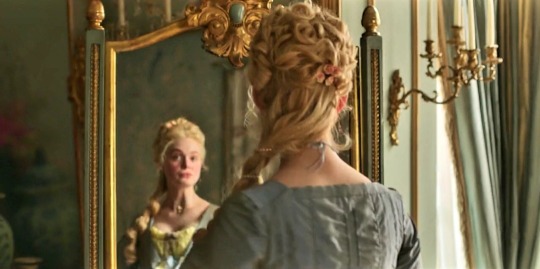

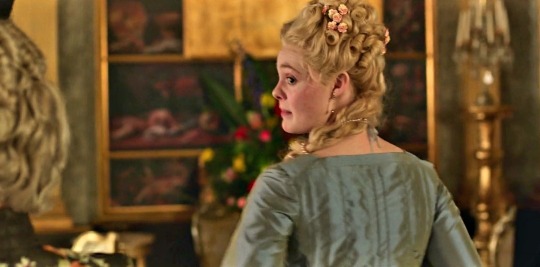
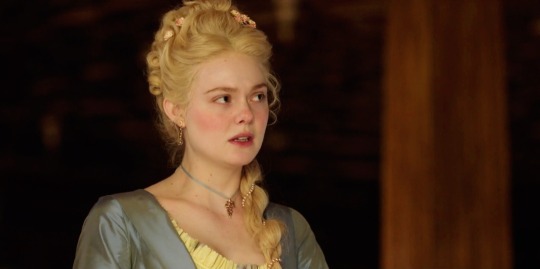
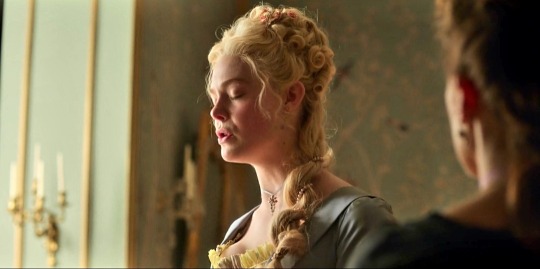

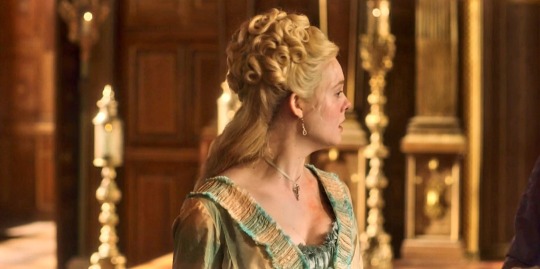
Catherine the Great hairstyles 🌸
#the great#catherine the great#elle fanning#perioddramaedit#the great hulu#the great tv#empress#costumedit#period drama#catherine x peter#catherine ii#catherine ii of russia#russian empress#hairstyle#hairporn#flowers#aesthetic#my edit
110 notes
·
View notes
Text
Survived Romanov Jewellery
Caesar's Ruby pendant of Catherine the Great
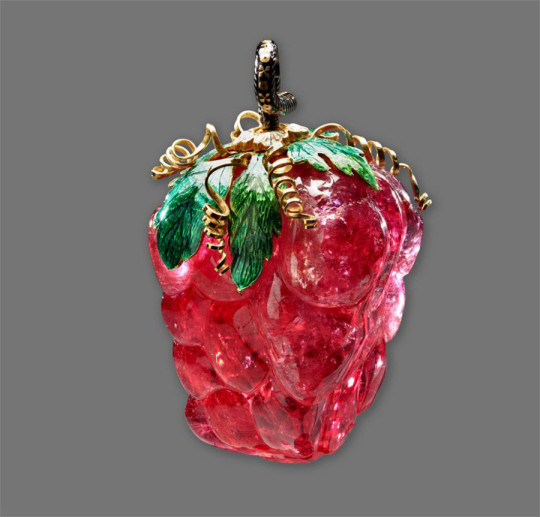
This large crimson stone called rubellite is a rare variety of dark pink tourmaline. In 1777, the stone (in shape of a raspberry) was presented as a gift to Tsarina Catherine II (AKA The Great) of Russia by King Gustav III of Sweden to mark the 15th anniversary of her reign. He told the Russian Empress a legend that the gem had originally been given as a present to Caesar from Cleopatra. It was later established that the stone had actually been brought to Europe from Burma in the 16th century and was considered to be the largest ruby on the continent at the time!
@krasivaa's royal series
#king gustaf#king gustaf iii#swedish royal family#rif#russian imperial family#catherine the great#catherine ii#romanov jewelry#krasivaa#krasivaa's royal series#romanov
45 notes
·
View notes
Text
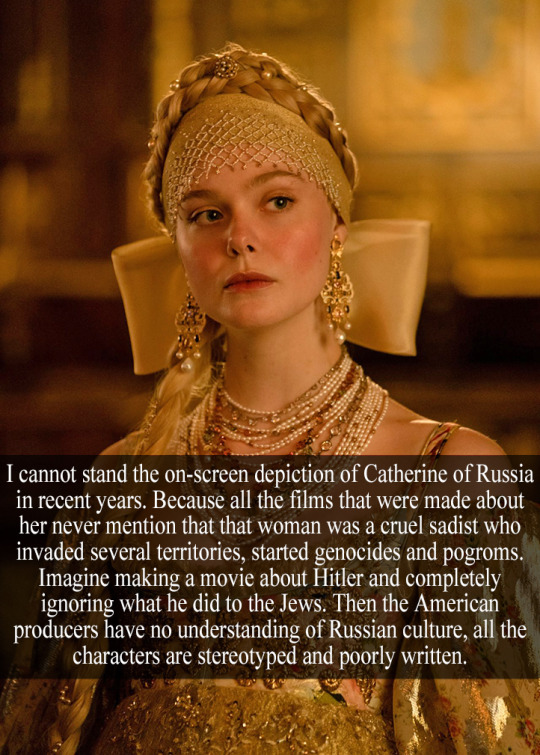
“I cannot stand the on-screen depiction of Catherine of Russia in recent years. Because all the films that were made about her never mention that that woman was a cruel sadist who invaded several territories, started genocides and pogroms. Imagine making a movie about Hitler and completely ignoring what he did to the Jews. Then the American producers have no understanding of Russian culture, all the characters are stereotyped and poorly written.” - Submitted by Anonymous
20 notes
·
View notes
Text
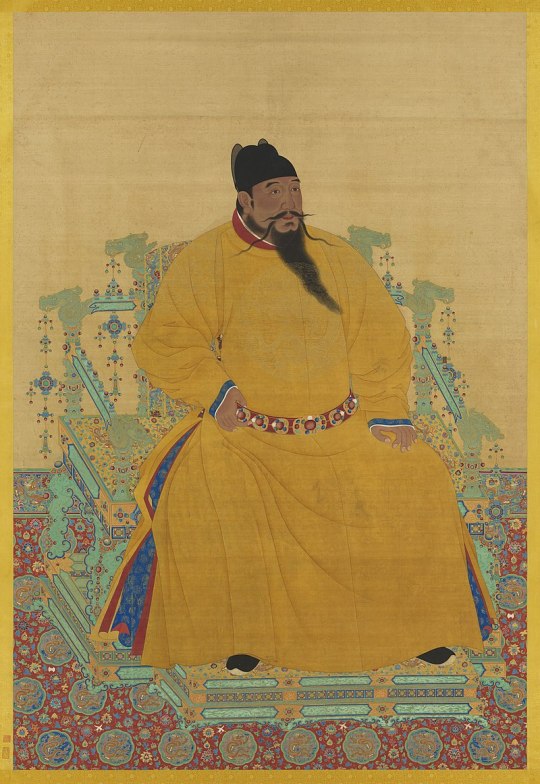
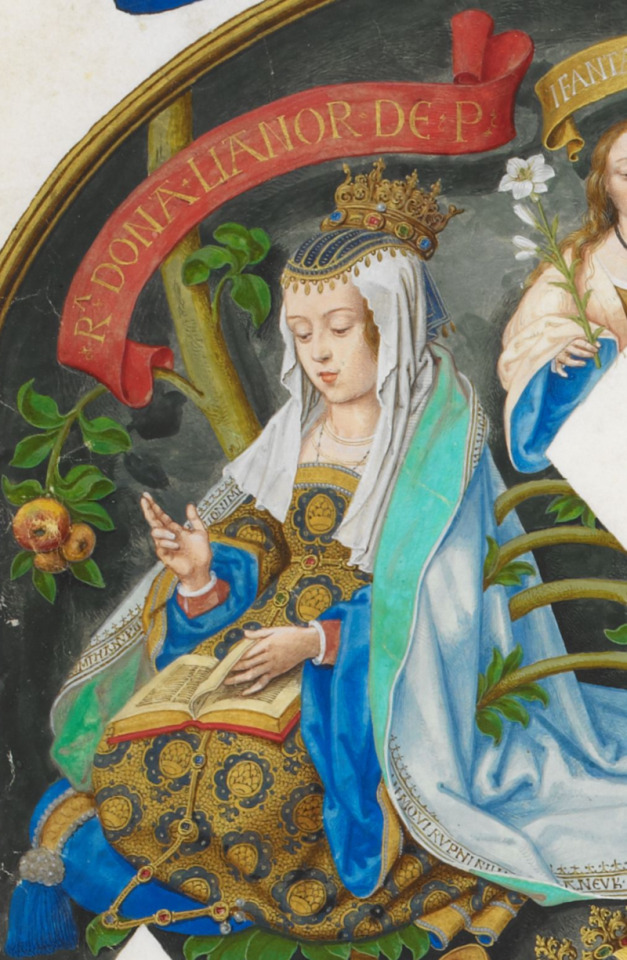
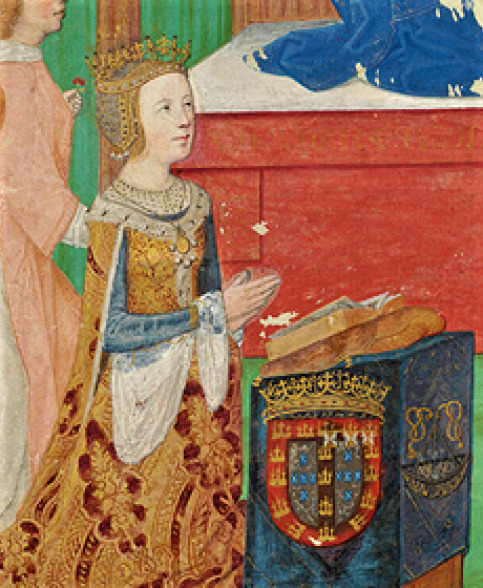
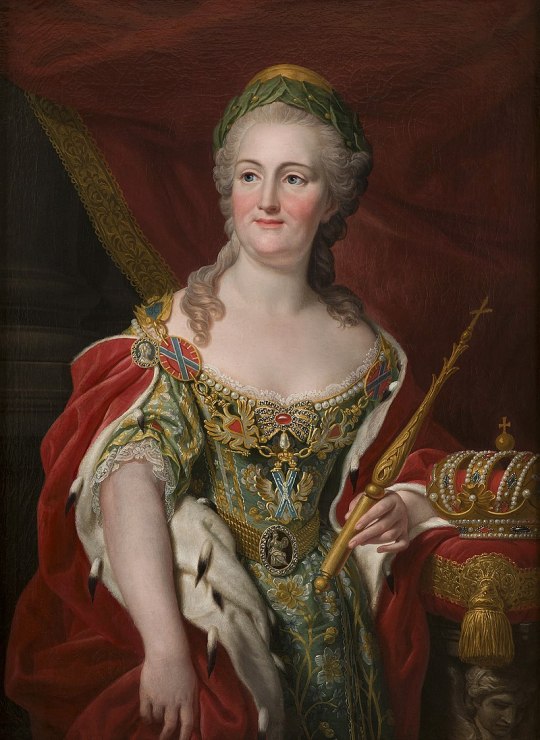
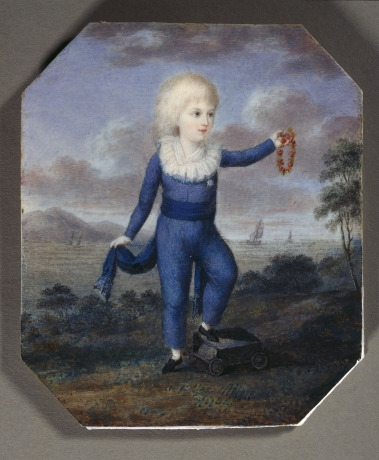
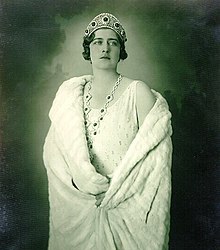
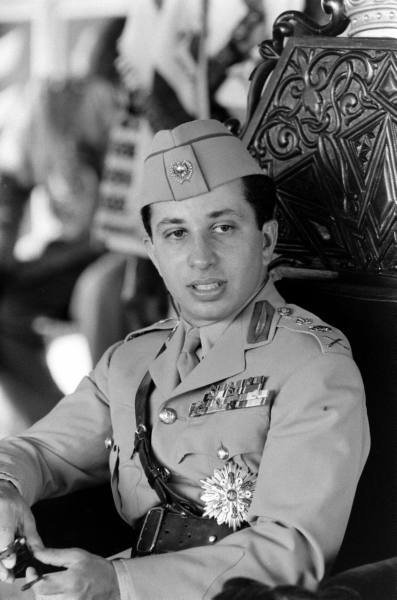
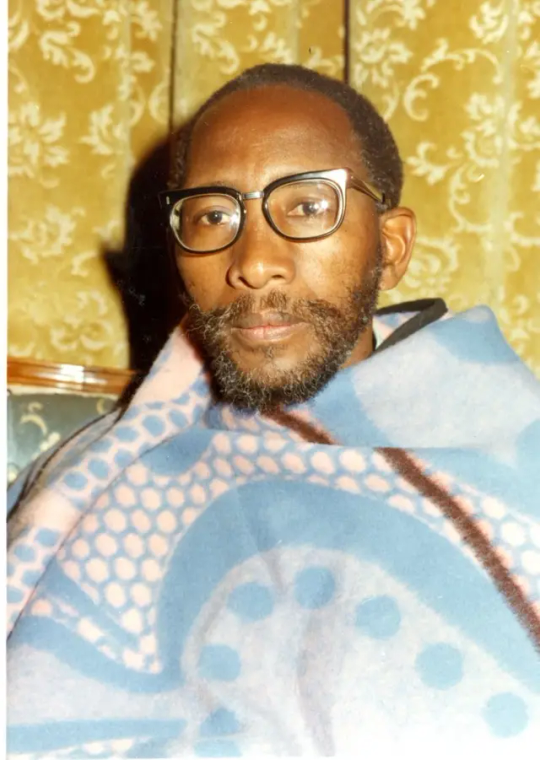


Royal Birthdays for today, May 2nd:
Yongle Emperor, Emperor of China, 1360
Eleanor of Aragon, Queen of Portugal, 1402
Eleanor of Viseu, Queen of Portugal, 1458
Catherine II, Empress and Autocrat of All the Russias, 1729
Alberto, Prince of Naples and Sicily, 1792
Helen of Greece and Denmark, Queen Mother of Romania,1896
Faisal II, King of Iraq, 1935
Moshoeshoe II, King of Lesotho, 1938
Nathalie of Sayn-Wittgenstein-Berleburg, German Princess, 1975
Charlotte of Wales, British Princess, 2015
#princess charlotte#eleanor of aragon#eleanor of viseu#catherine ii#catherine the great#helen of greece and denmark#yongle emperor#prince alberto#faisal ii#Moshoeshoe II#Nathalie of Sayn-Wittgenstein-Berleburg#royal birthdays#long live the queue
5 notes
·
View notes
Photo

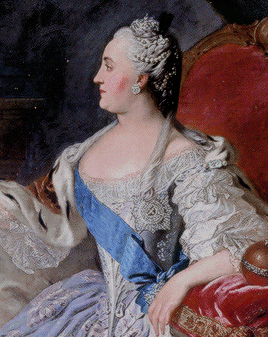
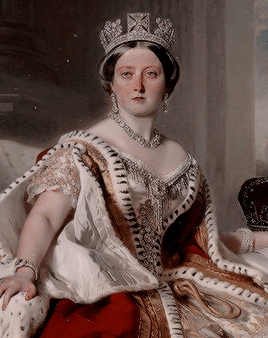
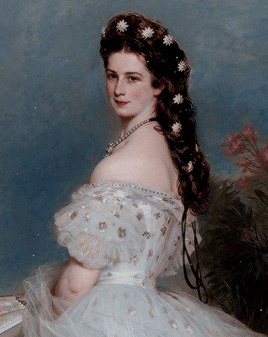

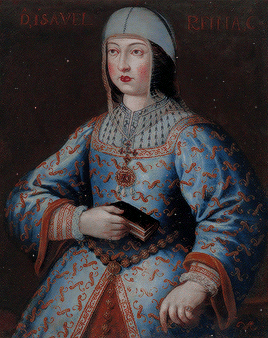
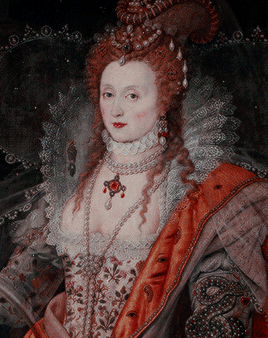


“She made broken look beautiful and strong look invincible. She walked with the Universe on her shoulders and made it look like a pair of wings.”
Happy birthday dearest @edwardslovelyelizabeth! 💖
#edwardslovelyelizabeth#historyedit#royaltyedit#elizabeth woodville#catherine ii#victoria i#elisabeth of bavaria#elisabeth of austria#maria feodorovna#dagmar of denmark#isabella i of castile#elizabeth i of england#elizabeth alexeievna#louise of baden#maria theresa#queens#art#paintings#our edits#our creations#ladies
174 notes
·
View notes
Text
“The court is not a habitation made for me; I suffer each time that I must perform there and it makes my blood boil when I see the baseness almost always committed to acquire some distinction for which I would not have given three pennies. (…) I do not feel myself made for the place that I occupy and that I have sworn to renounce, one way or another. There, my dear friend, is the great secret that I have so long delayed to communicate to you. (…) How can a single man manage to govern [Russia] and even correct its abuses? This would be absolutely impossible not only for a man of ordinary abilities like me, but even for a genius, and I have always had the principle that it is better not to be entrusted with a job than to fulfill it badly; (…) My plan is to settle with my wife on the banks of Rhine, where I will live as a simple individual, making my happiness consist of the company of my friends and the study of nature. I know that you will blame me, but I cannot do otherwise, for a quiet conscience is my first rule, and it will never be quiet if I were to undertake something beyond my strength.”
an excerpt from the letter sent by Grand Duke Alexander to his friend, Viktor Kochubey, upon learning of his grandmother’s plans to make him her direct successor (May, 1896)
#oh Alex you don’t know the half of what you’ll carry on your conscience eventually#tsar alexander i#alexander i of russia#catherine ii#catherine the great#napoleonic era#correspondence
16 notes
·
View notes
Text
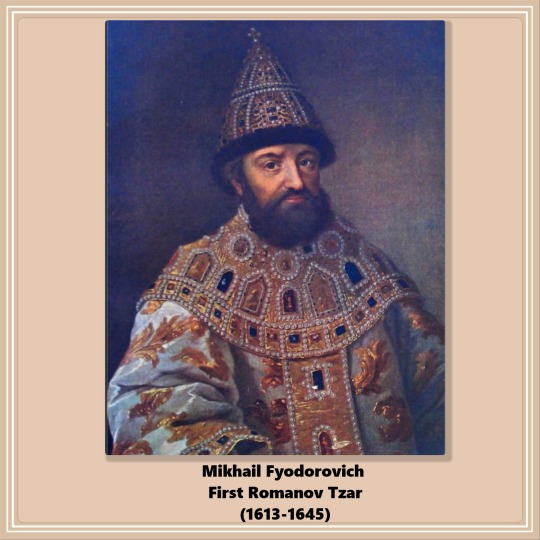




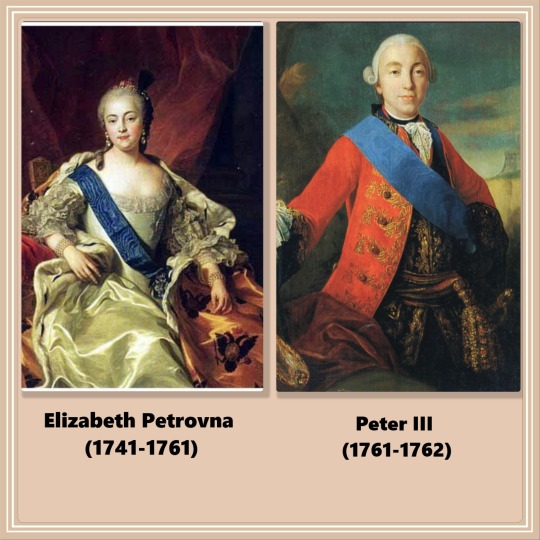

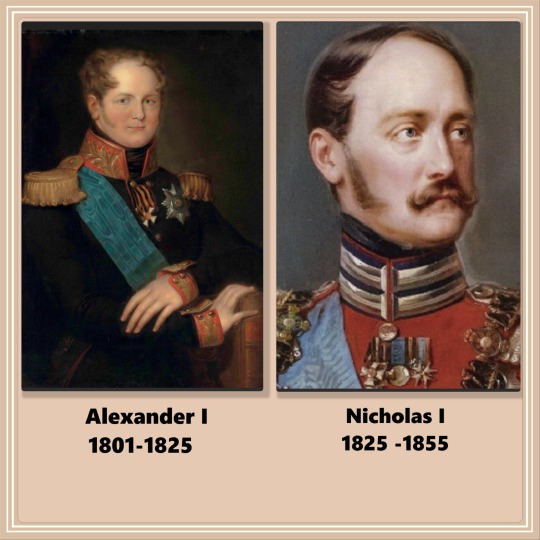

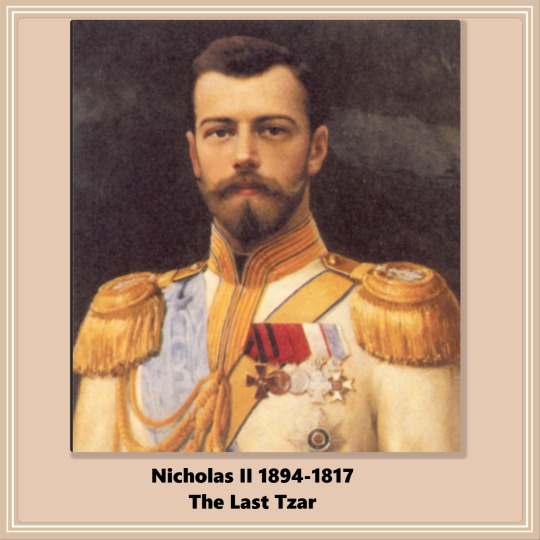
👑The Romanov Dynasty
The Grand Duchy of Moscow under Prince Ivan III was the first unified state on Russian territory. With him began the Rurikid Dynasty (the Rurikid had been around for a long time along hoards of tartars).
The Rurikid ruled from the 1400s until the 1600s. Ivan III can be considered the founder of Russia. While the Rurikid were in power, the Romanovs were boyars (nobles) in their courts. When the Ruriks became extinct, the Romanovs took over. The "Zemsky Sorbor" (a rudimentary parliament) elected Mikhail Feodorovich as the first Romanov Tzar.
The direct male line of the Romanovs ended with Elizabeth of Russia, who was childless. Her nephew Peter III, a member of the House of Holstein-Gottorp (a cadet branch of the German House of Oldenburg that reigned in Denmark), ascended to the throne and adopted his Romanov mother’s house name. Descendants after Elizabeth are sometimes referred to as "Holstein-Gottorp-Romanov."
The above is a gross oversimplification of a very complex course of events.
Highlights about each Romanov Tsar/Tsarina:
👑Mikhail Feodorovich (1613 - 1645): First Romanov Tsar
👑Alexei Mikhailovich (1645 - 1676): Encouraged trade and cooperation with Europe. Father of Peter the Great
👑Feodor III (1676 - 1682): Had very poor health and spent most of his reign in bed
👑Peter I and 👑 Ivan V (1689 - 1785): It was complicated. The two of them were Tsars under the regency of their older sister Sophia.
👑Peter I (1689-1725): Reformed Russia's politics, government, and culture. Made Russia a military power.
👑Catherine I (1725-1727): At the time of Peter the Great's death, the mechanism for succession consisted of the Tsar selecting his successor, but Peter did not elect one before dying. His wife became the Tsarina, but others governed through her.
👑Peter II (1727-1730): Peter's grandson; ascended the throne at 11 and died at 14. The "Privy Council" or "Soviet" ruled through him.
👑Anna Ioannovna (1730-1740): Daughter of Peter's half-brother Ivan. The Privy Council invited her to rule (wanting her to be a puppet), but she disbanded them and ruled herself successfully.
👑Ivan VI (1740-1741): One-year-old son of Ana's niece. She left the throne to him, expecting his mother to govern. Elizabeth, daughter of Peter the Great, deposed him (and his mother.)
👑Elizabeth Petrovna (1741-1761): Last Russian on the Russian throne; her twenty-year reign was successful.
👑Peter III (1761-1762): Grandson of Peter the Great and next in line for the throne after Elizabeth. Ruled for only half a year before being deposed by his wife, Catherine. He was murdered soon after the coup d’etat.
👑Catherine the Great (1762-1796): Her accomplishment went from the Empire’s territorial expansion to political development to the proliferation of sciences. However, the Empire had an enormous external debt by the end of her reign.
👑Paul I (1796-1801): Paul, the son of Catherine the Great and Peter III, became Emperor at 42 after the death of his mother. He started a lot of major military and political reforms. Paul was murdered in a coup d'etat. Paul decreed house laws for the Romanovs (the Pauline laws) – among the strictest in Europe – which established semi-Salic primogeniture and required Orthodox faith for the monarch and dynasts
👑Alexander I (1801-1825): During his reign, Russia defeated Napoleon's forces (which got as far as Moscow in their attempt to conquer Russia.) There was also great development in culture and arts.
👑Nicholas I (1825-1855): Paul I’s third son, younger brother of Alexander. Started railroad construction in Russia, boosting industrialization. Codified Russian laws and reformed finances.
👑Alexander II (1855-1881): His major reforms included the peasant emancipation of 1861, military reform, and the introduction of new types of self-governing village societies and more. Unfortunately, he fell victim to a terrorist after five attempts.
👑Alexander III (1881-1894): Russia didn’t enter any wars in his time. His domestic policy was conservative. He amended the Pauline laws. The economy flourished. But the revolution was brewing below the surface.
👑Nicholas II (1894-1917): His policies were unsuccessful. Established the first official Duma in 1905, but it was too little too late. With the advent of WWI, the Russian Empire ceased to exist. He abdicated. (gcl)
Sources:
Panov, A., Delaroche, P., & Abramuchkin, Y. (2021, July 31). The Complete List of Russian Tsars, Emperors, and Presidents. Russia Beyond. Retrieved June 20, 2023, from https://www.rbth.com/history/334065-complete-list-of-russian-tsars-emperors-rulers-presidents
#russian history#imperial russia#romanov dynasty#Nicholas II#Alexander III#Alexander II#Alexander I#Catherine I#Catherine II#Nicholas I#Paul III#Elizabeth Petrovna#Mikhail Feodorovich#Alexei Mikhailovich#Feodor III#Ivan VI#Peter I#Peter II#Peter III#Anna Ioannovna#Romanov Tsars#gcl
23 notes
·
View notes
Photo


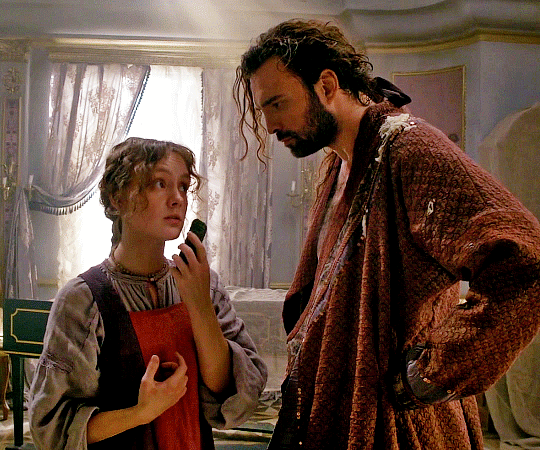
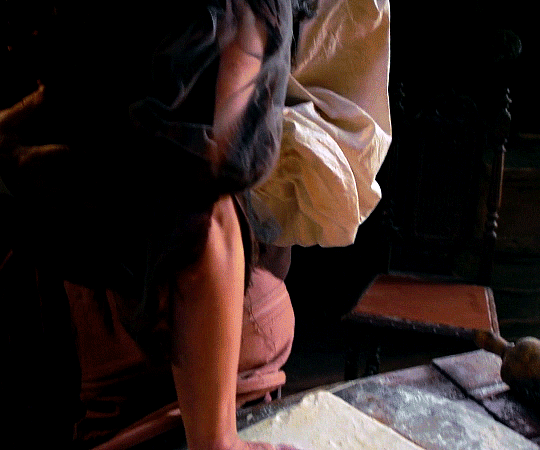

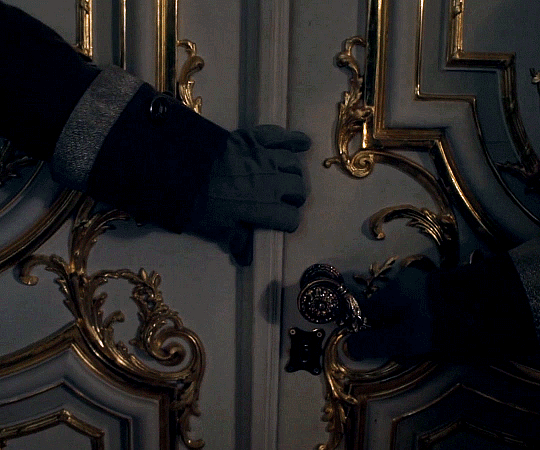
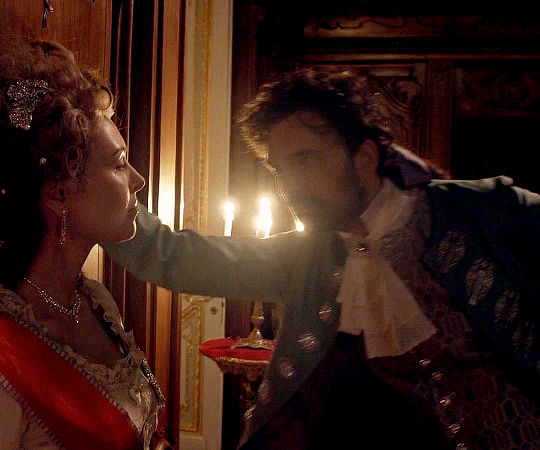
Казанова в России | Casanova in Russia (2022), 1x03
#Казанова в России#Casanova in Russia#Kazanova v Rossii#Russian cinema#Russian TV#period drama#Giacomo Casanova#Grigory Orlov#Catherine II#Catherine the Great#Anna Protasova#Artyom Tkachenko#Ivan Bosiljčić#Ivan Bosiljcic#Mariya Skuratova#Артем Ткаченко#Мария Скуратова#perioddramaedit#periodedits#russianperioddrama#Казанова в России 1x03#my gifs
59 notes
·
View notes